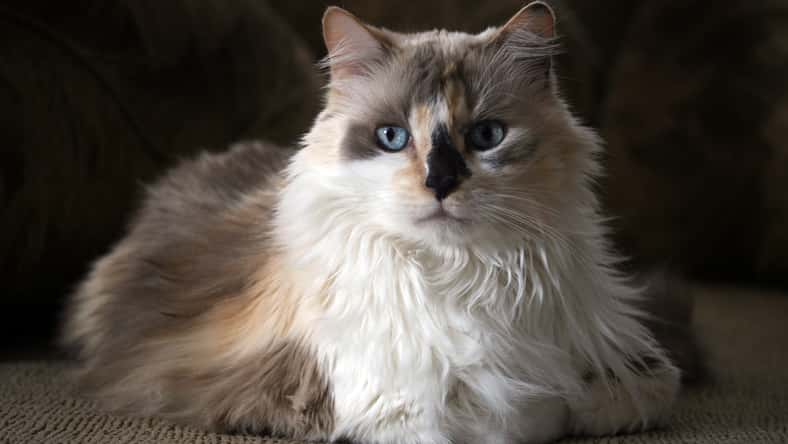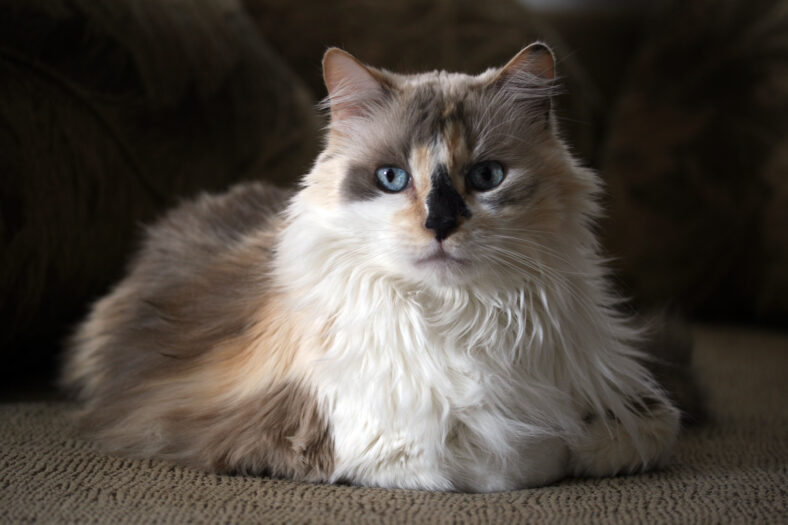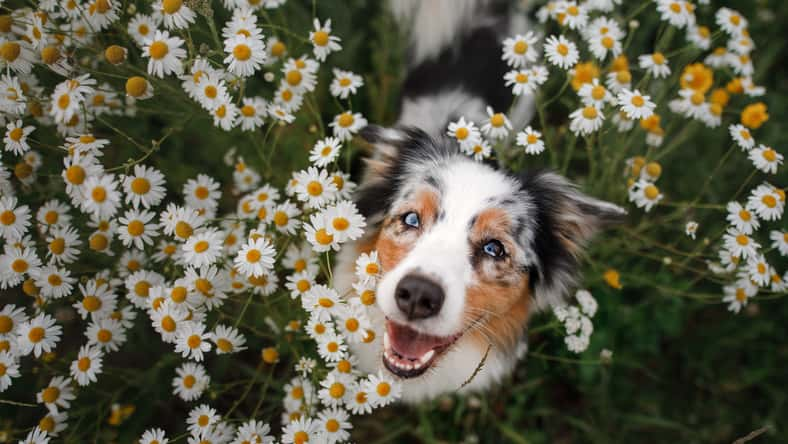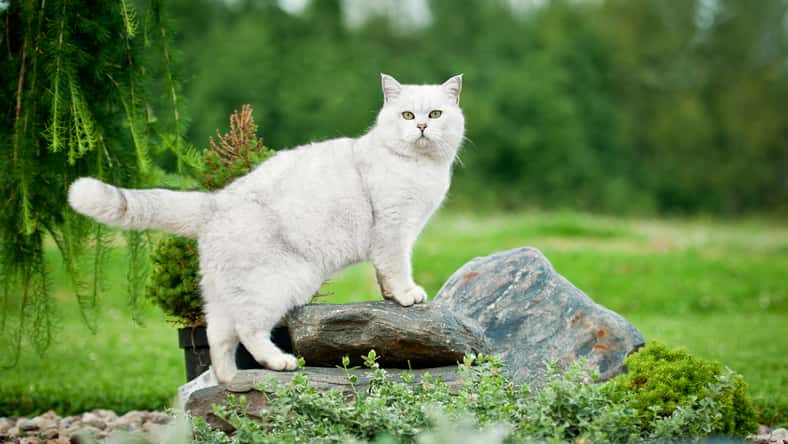
We’ve all seen the classic cartoons with cute kitties eagerly lapping up a bowl of milk. Cats really seem to enjoy milk—it’s as if the drink was meant for them.
However, most cats are actually lactose intolerant. As a result, giving them a big bowl of dairy can backfire in the litter box.
So, if you were planning on pouring your pet a saucer of milk, you might want to think twice. Your cat will thank you in the long run, even if that gratitude is in the form of shooting you a judgmental stare.
How did cats become introduced to milk in the first place? Well, cats have a long history with humans, going back thousands of years.
They were drawn to humans by the rodents in their settlements. Aside from hunting rodents, cats were fed scraps from the dinner table. Very little was known about what diets were best for them.
In 1877, a Scottish doctor named Gordon Stables published a book in which he wrote that cats need a bowl for water and a bowl for milk.
He also suggested that a good breakfast for felines consisted of milk and porridge. From there, milk became a staple for cats, and milk-obsessed cats were often depicted in art, books, and movies.
But modern research has demonstrated that cats should not be drinking cow’s milk at all. The only time cats need milk is when they are kittens, which they receive from their mother. Beyond that, milk is a completely unnecessary part of their diet.
Around six to 12 weeks of age, kittens stop producing the enzyme lactase, which is required to digest lactose in milk.

Sign up for Chip Chick’s newsletter and get stories like this delivered to your inbox.
This means that most cats are lactose intolerant. When lactose cannot be broken down, it ends up traveling through the intestines to the colon, where it is fermented by bacteria inside the body.
The lactose is then broken down into acids and gases that lead to unpleasant physical symptoms such as abdominal pain, bloating, constipation, excessive gas, diarrhea, nausea, and vomiting.
The most common symptom seen in cats is diarrhea. Chronic diarrhea can cause dehydration and malnutrition. Cats who consume milk or dairy on a regular basis have an increased risk of developing these health complications.
While cats may like the taste of cow’s milk, you should not be giving them any because dairy is not a natural part of the feline diet and will likely result in discomfort and health issues for cats.
If you insist on giving your cat milk, opt for lactose-free milk or milk formulated for cats. Almond, soy, oat, or coconut milk is not recommended because they will most likely upset your cat’s digestion. And, just like cow’s milk, they are high in fat and your cat can become overweight.












